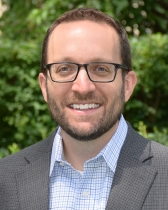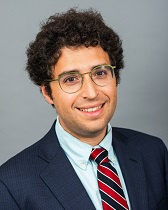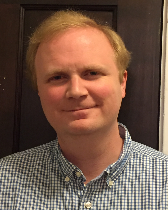American Political Economy
American Political Economy (APE) is an emerging subfield of political science that examines the interplay between politics and markets in the United States. Motivated by real-world problems, whose understanding typically requires examining issues from multiple institutional and behavioral vantage points, the study of APE is methodologically eclectic.
APE at Northwestern is distinctive for its emphasis on:
- Historical and developmental processes
- Relationship between race, ethnicity, and gender and public policy
- The political power of organized actors, including political parties and interest groups
- Comparative and international analyses of the American political economy
Topics of central concern include, but are not limited to:
- Policymaking institutions
- Labor politics and policy
- Organizing, collective action, and social movements
- Politics of credit, debt, and financial regulation
- Wealth and influence
- Fiscal policy
- Information and expertise
- Inequality and social policy
- U.S. foreign policy
APE scholars at Northwestern have ties to the national Consortium on the American Political Economy and APSA’s new American Political Economy organized section.
Within the Northwestern Political Science Department, research on APE intersects with other subfields including American Political Development, Comparative-Historical Analysis, Law and Politics, Political Parties, and Race, Ethnicity, and Politics. Across the university, APE scholarship is featured in several kindred departments and programs, including Black Studies, History, the Institute for Policy Research, Kellogg School of Management, Legal Studies, Northwestern Law School, and Sociology.
In addition to the political science faculty listed below, our APE group includes Alexander Furnas (Kellogg), Joanna Grisinger (Legal Studies), Ajay Mehrotra (Law School), and Ann Shola Orloff (Sociology).
In political science, APE scholars include:





